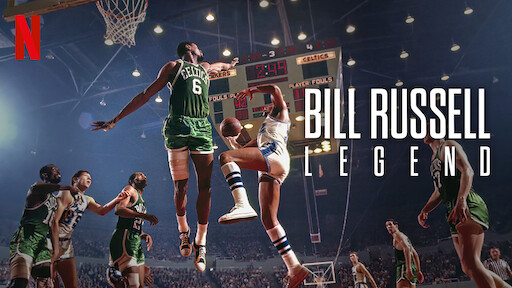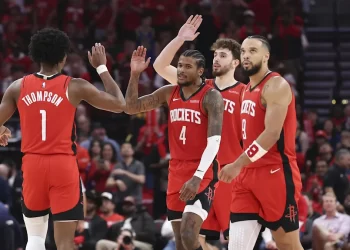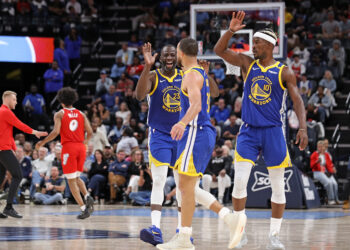By: Zachary Draves
He was basketball’s greatest winner in more ways than one. Three time NCAA champion with San Francisco University, 1956 Olympic gold medalist, and eleven NBA titles with the Boston Celtics in the 1960’s as part of one of the greatest dynasties in all of sports.
He revolutionized the game while airborne. At a time when players were told to stay grounded literally with little displays of athleticism, he would leap into the air blocking shots and rebounding the ball with a combination of finesse and ferociousness. He mastered the outlet pass and helped invent the fast break offense.
He was a man of courage who used his platform for change at a time of heightened resistance to racial injustice.
The man, the legend, the icon was Bill Russell.

His story is being told in the new two part Netflix documentary Bill Russell: Legend that was released on February 8 and directed by renowned filmmaker Sam Pollard.

With narration from actors Corey Stoll and Jeffrey Wright, who throughout recites passages from Russell’s 1979 autobiography Second Wind, the documentary chronicles a life filled with tremendous success and hardship with testimonials from KC Jones, Bob Cousey, Tom “Satch” Sanders, Magic Johnson, Larry Bird, Julius Erving, Jalen Rose, Chris Paul, Renne Montgomery, Dave Zirin, William Rhoden, Dr. Harry Edwards, Nelson George, and Stephen Curry
As the Celtics went on their remarkable run at basketball supremacy and as his legendary battles with rival and friend Wilt Chamberlain intensified during that period, the film really captures the essence of who Russell was trying to become and what he ultimately became.
A man with a huge heart to win, to love, and to be himself.
He had an uncompromising desire to be the best which had set him apart from Chamberlain who was perceived as not having that killer instinct. Over the course of eight postseason matchups, Russell’s Celtics defeated Chamberlain’s Warriors, 76ers, and Lakers seven times. Chamberlain only won two championships compared to Russell’s eleven.
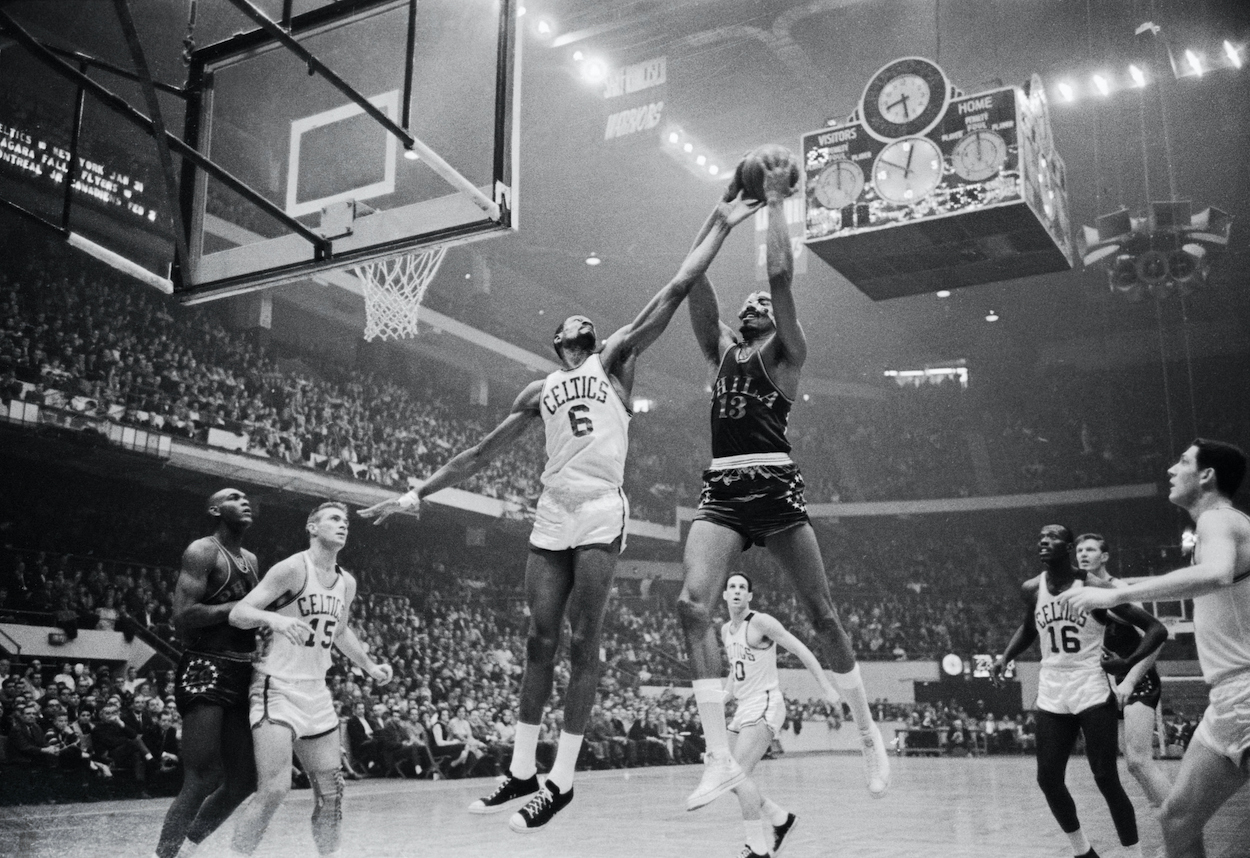
(Courtesy: Bettmann Archive)
Their longstanding friendship would come to define them even though had a falling out after Russell pubicly criticized Chamberlain for stepping off the court citing an apparent knee injury during the historic Game 7 of the 1969 NBA Finals between the Celtics and Lakers. In the years later, Russell and Chamberlain would reconcile and stayed connected until Chamberlain’s passing in 1999.
The film also showcases Russell’s heart in another area that he probably wanted to be more known for than his exploits on the court.
He made it clear from the get go that he was a proud black man who operated by his own rules and stood firm in the face of a palpable whitelash to his ascendance, even in his adopted hometown of Boston.
Russell was subjected to constant racist threats and assaults which included being denied service at restaurants and hotels and having his suburban Boston home burglarized and smeared with feces. That plus the circumstances of the civil rights movement propelled him into action.
After the assassination of civil rights leader Medgar Evers in 1963, Russell traveled to Misssissppi to conduct basketball clinics for black and white children. That August, he sat in the first row at the March on Washington to hear Dr. Martin Luther King Jr. gave his “I Have a Dream” Speech. He worked with the NAACP, advocated for racial quotas in the NBA, and supported an effort behind the hiring of the first black referee.
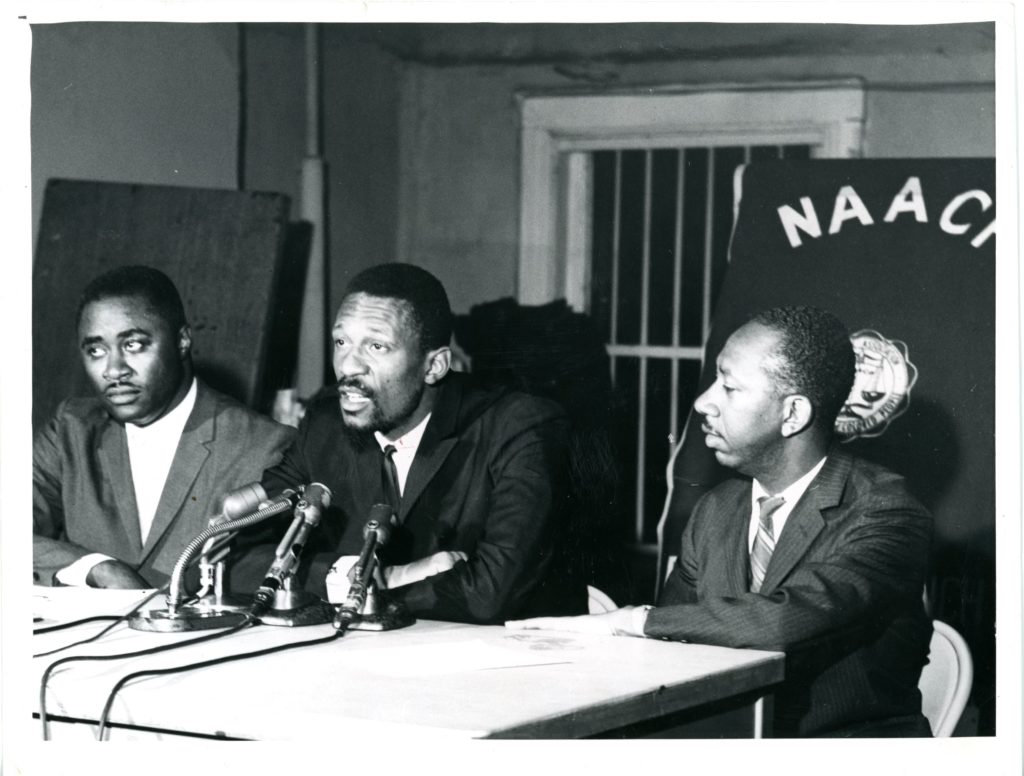
(Courtesy: The Boston Globe via Getty Images)
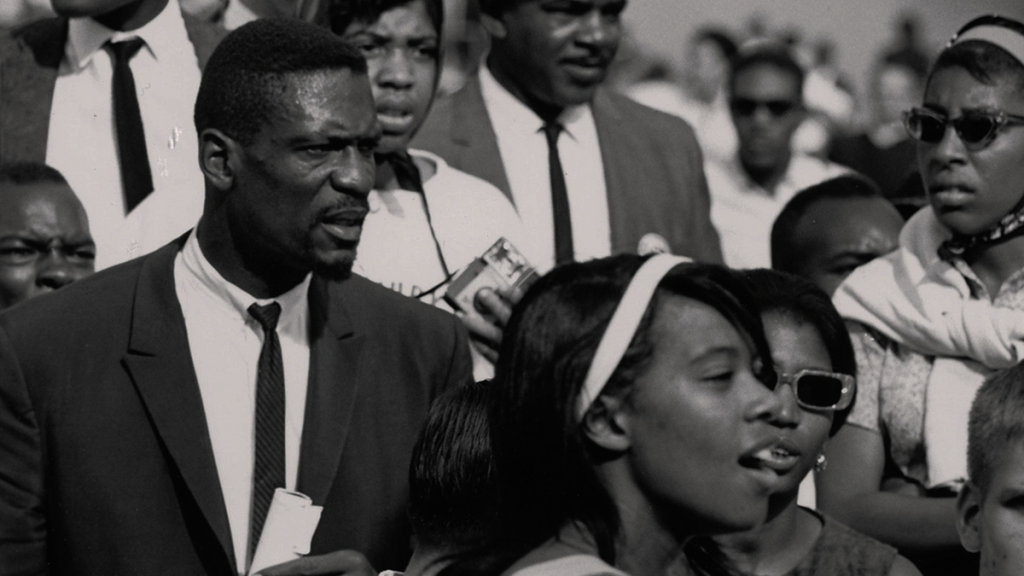
(Courtesy: Netflix)
In 1967, he joined Jim Brown, Kareem Abdul Jabbar, then known as Lew Alcindor, and civil rights leaders in Cleveland to support Muhammad Ali’s refusal to join the US Armed Forces during the Vietnam War in what became known as the Ali Summit.

During this period, the media would characterize Russell as “angry” and “arrogant” a common trope used to delegitimize black athletes who were their own person.
Russell was a man who in later years would refuse to sign autographs citing his uncomfortability with the idea of fans owning a piece of him and especially against the backdrop of all that he and his family had to endure. Whenever or if ever a white athlete were to take that approach, they would be perceived as being an individual and taking ownership of their career, whereas the same grace is rarely extended to black athletes.
But Russell was unwilling to bend on his principles and his proud blackness helped shape him into the icon he became. It also became the model for future athlete activists such as Colin Kaepernick, LeBron James, Malcolm Jenkins, Craig Hodges, Mahmoud Abdul Rauf, and the players in the WNBA to not only speak up on pressing social injustices but to take control over their narrative.
After Russell’s passing last July at the age of 88, many of the tributes that poured in touched upon this aspect of his being as he most likely would have wanted it.
When asked what he feels the legacy of this brave man is, Pollard told Team NBS Media in an email interview in the most simplistic way imaginable.
“ He was more than a basketball player, he was a man who saw his responsibilities were bigger than Basketball” he said.
Bill Russell: Legend. Nothing more to say.


 NFL
NFL